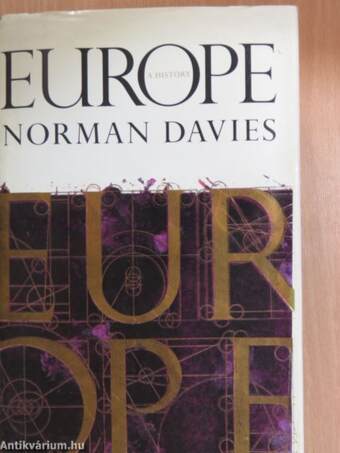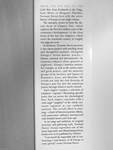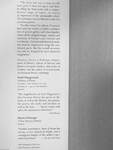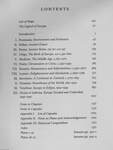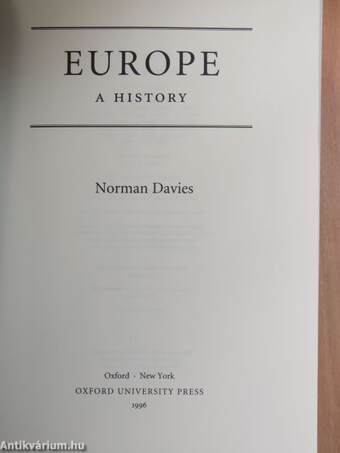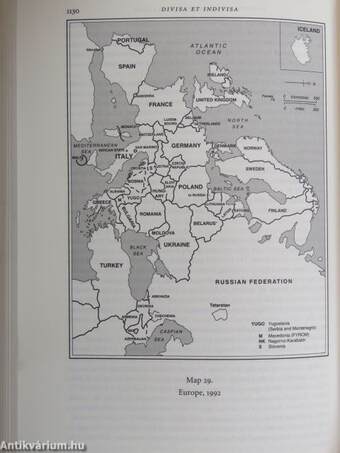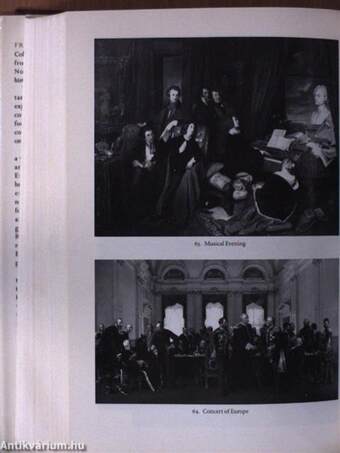1.067.339
kiadvánnyal nyújtjuk Magyarország legnagyobb antikvár könyv-kínálatát

VISSZA
A TETEJÉRE
JAVASLATOKÉszre-
vételek
Europe
A History
| Kiadó: | Oxford University Press |
|---|---|
| Kiadás helye: | Oxford |
| Kiadás éve: | |
| Kötés típusa: | Ragasztott kemény kötés |
| Oldalszám: | 1.365 oldal |
| Sorozatcím: | |
| Kötetszám: | |
| Nyelv: | Angol |
| Méret: | 24 cm x 17 cm |
| ISBN: | 0-19-520912-5 |
| Megjegyzés: | Fekete-fehér térképekkel, reprodukciókkal. |
naponta értesítjük a beérkező friss
kiadványokról
naponta értesítjük a beérkező friss
kiadványokról
Fülszöveg
FROM THE ICE AGE TO THE Cold War, from Reykjavik to the Volga, from Minős to Margaret Thatcher, Norman Davies here telis the entire history of Europe in one single volume.
The narrative zooms in from the dis-tant focus of Chapter One, which explores the first five millión years of the continent's development, to the close focus of the last two chapters, which cover the twentieth century at roughly one page per year.
In between, Norman Davies presents a vast canvas packed with startiing detail and thoughtful analysis. Alongside Europe's better-known stories— humán, national and international—he examines subjects often spurned or neglected—Europe's stateless nations, for example, as well as the nation-states and great powers, and the minority groups from heretics and lepers to Romanies, Jews, and Muslims. He reveals not only the rich diversity of Europe's past but alsó the numerous prisms through which it can be viewed.
Each chapter contains a selection of telephoto "capsules"... Tovább
Fülszöveg
FROM THE ICE AGE TO THE Cold War, from Reykjavik to the Volga, from Minős to Margaret Thatcher, Norman Davies here telis the entire history of Europe in one single volume.
The narrative zooms in from the dis-tant focus of Chapter One, which explores the first five millión years of the continent's development, to the close focus of the last two chapters, which cover the twentieth century at roughly one page per year.
In between, Norman Davies presents a vast canvas packed with startiing detail and thoughtful analysis. Alongside Europe's better-known stories— humán, national and international—he examines subjects often spurned or neglected—Europe's stateless nations, for example, as well as the nation-states and great powers, and the minority groups from heretics and lepers to Romanies, Jews, and Muslims. He reveals not only the rich diversity of Europe's past but alsó the numerous prisms through which it can be viewed.
Each chapter contains a selection of telephoto "capsules" illustrating specific issues that cut across the chronological flow. Each chapter concludes with a wide-angle "snapshot" of the whole con-tinent captured at one symbolic moment. The overall effect is stun-ning—a kind of historical picture album, with panoramic tableaux interspersed with detailed inserts and close-ups.
In its rangé and ambition, its originál structure and glittering style, Norman Davies' Europe represents one of the most important and illuminating history books ever to be published by Oxford.
"I set myself the impossible task of con-structing a totál history of all Europe in every period," writes Norman Davies.
"The main aim vvas to map out the basic grid of time and space, and then, by tilling the framework with a compre-hensive rangé of topics, to convey an impression of the unattainable whole. The technique may be likened to that of a pointilliste painter.
"At other times,' he reflects, "I seem to have used my words to build a combina-tion of picture-gallery and echo-chamber, where all the mingled images, sounds, and emotions of Europe's past interact and reverberate. Conventional historical meth-ods must be employed to forge the con-stituent parts. But the overall structure can onlv be designed by one's historical imagination."
Norman Davies is Professor, Department of Historv, School of Slavonic and Eastern European Studies, University of London, and the author of several books on European history, including:
God's Plavground
A Historv of Poland
volume i. the origins to i 79L volume ii. i 79 L to the present Paperback
"The magnificence of God's Playground is that Norman Davies has given us the music as well as the librettó, the passión, the poetry, the myth, and anecdote as well as the facts. . . . Davies writes with spirit, his enjoyment is infectious."
— The Observer
Heart of Europe
A Short History of Poland
Paperback
"Another masterpiece. Heart of Europe has sweep, a rare analytical depth, and a courageous display of the author's per-sonal convictions." —The New York Times
Author photograph by Philip Sayer Jacket illustration by Mikc Harkins Vissza
Norman Davies
Norman Davies műveinek az Antikvarium.hu-n kapható vagy előjegyezhető listáját itt tekintheti meg: Norman Davies könyvek, művekMegvásárolható példányok
Nincs megvásárolható példány
A könyv összes megrendelhető példánya elfogyott. Ha kívánja, előjegyezheti a könyvet, és amint a könyv egy újabb példánya elérhető lesz, értesítjük.



